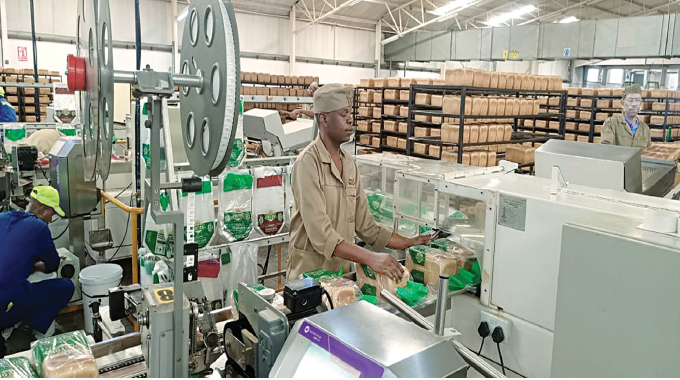Zim launches national call centre association
which is expected to promote investment into the country’s call centre industry.
The CCAZ is structured as a non-profit-making, privately owned national body that will focus on uniting the Zimbabwe customer services/contact centre industry, and ensuring compliance to international standards.
Speaking at the launch, CCAZ executive council member Mrs Victoria Ruzvidzo called for greater Government support for Zimbabwe’s call centre industry to grow.
“In other countries call centre associations are directly monitored by the government with an annual amount allocated for the call centre industry development and association’s programmes,” she said.
Government ministries which were represented at the launch included the Ministry of Information and Communication Technology and the Ministry of Tourism and Hospitality Industry.
The launch was also attended by a South African business delegation led by the head of the South African Contact Industry Hub and president of the Contact Centre Management Group of South Africa, Mr City Seokane.
Currently, Zimbabwe has over 1 000 inbound call centre seats in the telecommunications, insurance and banking sectors.
The local in-house call centres are employing over 1 000 individuals with firms such as Telecel, NetOne and MultiChoice Zimbabwe taking the lead.
However, there is need for more local companies to keep abreast with global trends and establish own call centres or even outsource the service.
Speaking on behalf of Tourism Minister Walter Mzembi, Dr Obadiah Mazombwe outlined Government initiatives towards the development of the local call centre industry.
“Our target is to have more than 500 call centres contributing millions and employing over 100 000 people by the year 2015. We will also host the Global Business Process and Customer Service.
“It is this sector which can create employment, where the vast majority of our people, especially the youth, can invest in,” he said.
Permanent Secretary in the ICT Ministry Engineer Sam Kundishora emphasised the need for the country to develop the requisite infrastructures for call centres.
“In some countries call centres are found in designated areas. Call centres require significant levels of high-speed communications infrastructure.
“In the near future there may be need for the country to establish techno-parks dedicated to the local call centre industry,” he said.
Zimbabwe is among the African countries that are joining India and the Philippines in competing for global customers in outsourcing services.
African countries that have already taken the lead in this industry are South Africa and Kenya, with South Africa alone employing over 200 000 and contributing millions to the economy from the available call centres numbering more than 2 000.









Comments